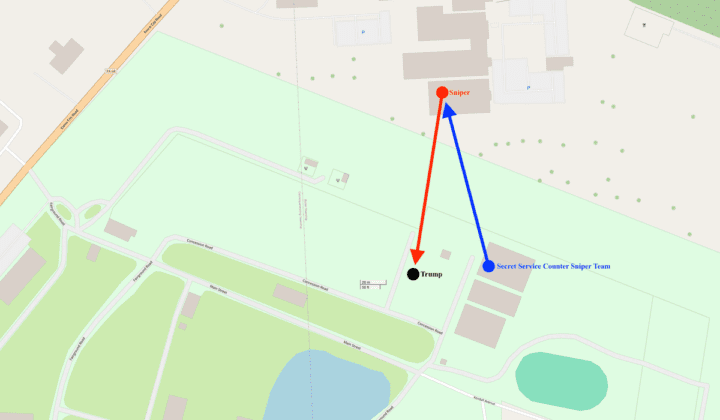- You have to keep score. As part of their annual Freedom in the World Report, Freedom House monitors political rights and civil liberties globally in order to determine each country’s level of freedom. The United States received a “freedom rating” of 86/100—good enough to be considered a free society, but part of a gradual and consistent decline over the last eight years. Although recent political attacks on independent institutions played a role in this decline, Freedom House identifies the culprits as being far more insidious. In a complex society, they always are. These factors contributing to the decline of freedom include “[i]ntensifying political polarization, declining economic mobility, the outsized influence of special interests, and the diminished influence of fact-based reporting in favor of bellicose partisan media [which] were all problems afflicting the health of American democracy well before 2017.”
- Gerrymandering – the manipulation of electoral boundaries to create political benefits – has been around since the very beginning of the United States. However, its occurrence and its effects have intensified in recent years. In fact, gerrymandering became so problematic that it even made it onto the Supreme Court’s docket. The Court’s majority ruled, in a 5 to 4 vote, that “partisan gerrymandering claims present political questions beyond the reach of the federal courts”, essentially allowing state legislatures to draw district maps as they see fit. For the minority, Justice Kagan, with the support of Justices Ginsburg, Sotomayor, and Breyer, deemed the majority ruling a danger to American democracy. Political parties now have permission from federal courts to manipulate district maps to further their personal political priorities. This may have severe implications for our democracy, allowing the majority will of the people to be subverted by controlling political interests.
- Is there hope on the horizon? Yes! It isn’t all doom and gloom. First, although federal courts are unable to determine gerrymandering claims, state courts still are. It was by approaching a state court that Democrats successfully challenged Republican-drawn congressional maps in Pennsylvania as ‘gerrymandered’, prior to the 2018 midterm elections. With the door to federal courts closed, state courts will probably see increased litigation to undo allegedly gerrymandered districts. Second, a number of states already employ non-partisan redistricting commissions instead of granting that power to politicized state legislatures. Following the 2021 census, a few more states will transition to such independent commissions. It ain’t over yet.
___
Democracy at Work

- The 116th U.S. Congress ushered in a historically diverse freshman class with a wide range of ideological perspectives. Voter turnout was at its highest for a midterm in four decades, rivaling recent presidential election levels. Ranging from political neophytes to seasoned lawmakers, many candidates ran not on party fealty, but with bipartisan, problem-solving messages. All of these are signs of healthy democracy, even in a partisan environment.
- There have been genuine bipartisan efforts in the U.S. House this year. The House passed several crucial bills that achieved support across party lines. Here are some of the most notable achievements:On July 23rd, Congress passed the Victim Compensation Fund (VCF), extending the VCF sunset date to 2092, which will care permanently for the heroes who aided the recovery efforts after the September 11 attacks.
- In the summer of 2019, the Lower Health Care Costs Act of 2019 was passed. This act increases cost transparency, reduces the frequency of unexpected medical bills, and lowers healthcare costs for Americans. The cost of healthcare is considered one of the largest causes of financial distress among American families.
- The Select Committee on the Modernization of Congress is tasked with making recommendations for establishing a more modern and efficient Congress. It is made up of six Democrats and six Republicans. The Committee was recently granted a year-long extension to continue its bipartisan efforts to improve Congressional communications, transparency, and technology. So far, it has made 29 unanimous recommendations.
- On December 11th, 2019, the U.S. Senate Foreign Relations Committee passed a bipartisan bill prohibiting a U.S. President from withdrawing from the North Atlantic Treaty Organization (NATO) without having approval from congress.
- The U.S. House of Representatives has passed more than 275 bipartisan bills, making this one of the most productive congresses. Unfortunately, many of these bills have not yet been voted on in the Senate.





